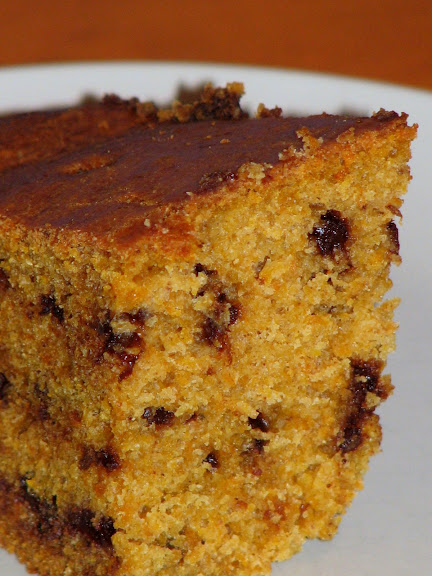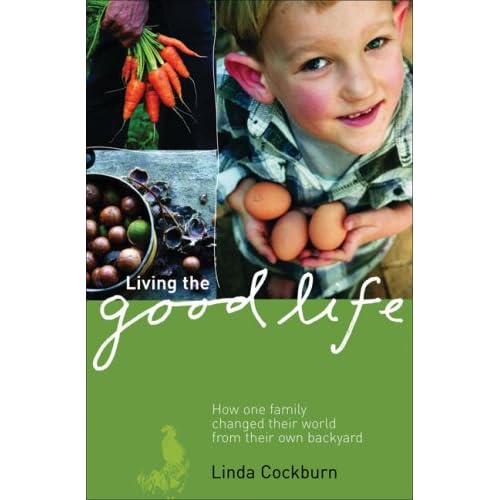
I loved reading this book. Basically a fundamental story of one families story of local living. Kingsolver's plucky humor and realism was wonderful. She and her family had a go-getter attitude that I believe fueled many of their well planned dreams come reality. Again, it took years worth of planning to create this dream of local living. But she says many times, it is the small things that count. The asking questions that no one else asks, doing tasks like making your own cheese, and selling your extra eggs to neighbors... the caring about things that others dare not care about. And in the end, she writes about a very satisfying life, with no level of deprivation, on a mostly local diet. And in the process, she becomes part of a tight knit community as well.
It was a wonderfully inspiring read, and, aside from the intimate interludes into turkey sex, it had wonderfully digestible and easily do-able information.
Reviews, recipes, and many more joyous pictures can be found at their website:
Books on families or individuals going local are popping up for all over the globe and I hope they continue. It is wonderful to be able to read all of these books and glean what I can pull into my own personal life. Setting goals for a more local existence and getting off 'the oil' is a huge part of the environmentalist movement now-a-days and being able to take a bit from Pollan, a bit from Kingsolver, a bit from Cockburn, and a bit from Fine... well, I have a working plan in my head that evolves each time I crack a page in one of these library borrowed legacies into local living.













